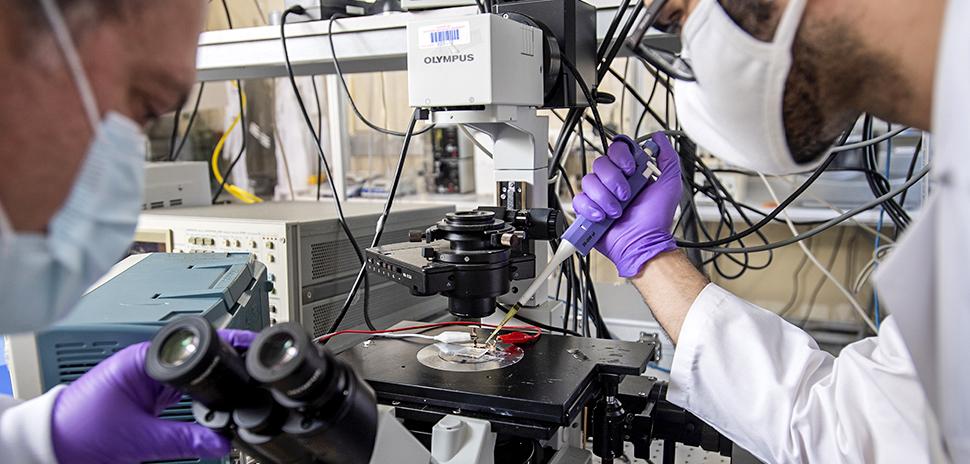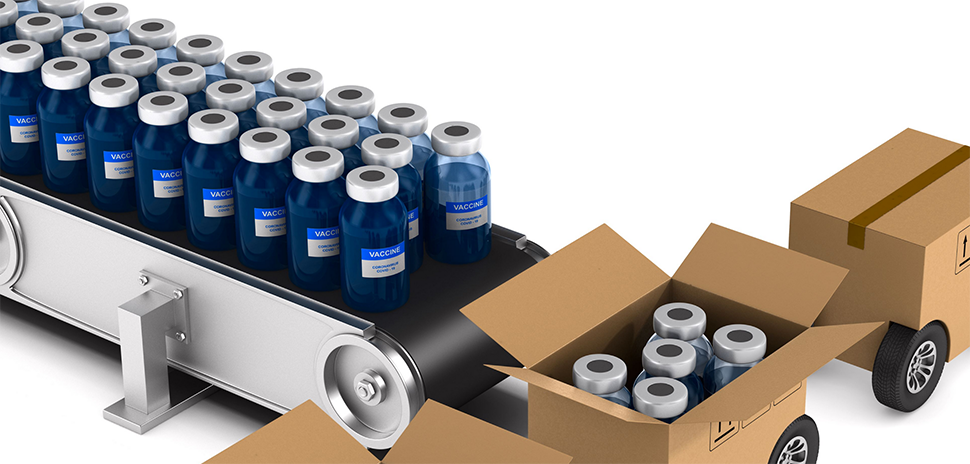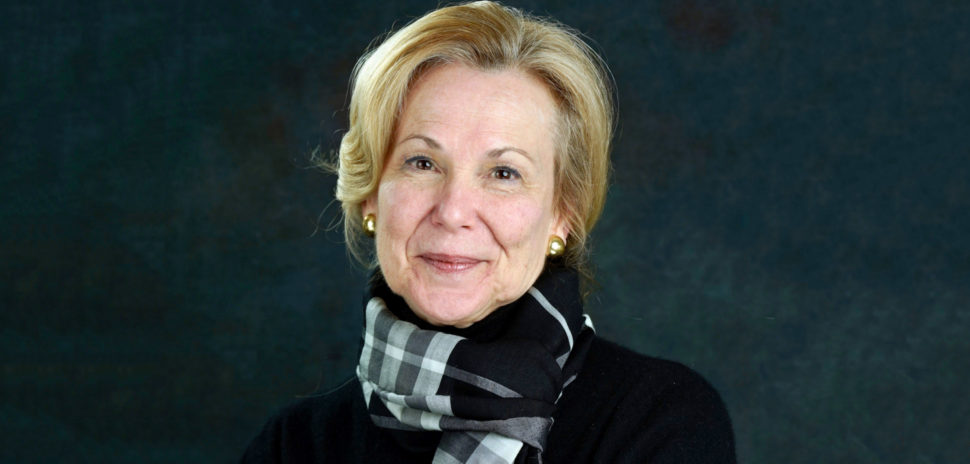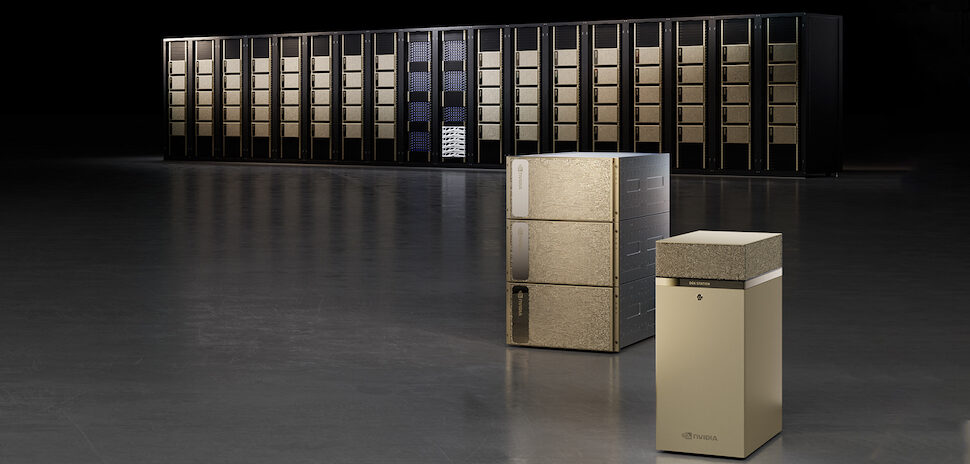Two researchers from Dallas’ Southern Methodist University are leading a team developing a new antibody test for COVID-19—one that could be faster and more accurate than what’s currently available.
The test, which has been dubbed “Lab on a Chip,” is estimated to detect coronavirus immune responses in two to three minutes via a drop of blood. It essentially looks for signs a person’s immune system has responded to COVID at some point in time, like human IgG, IgM, and IgA antibodies that are produced when infected.
Throughout the pandemic, antibody testing has been a major key in determining the number of coronavirus cases that have gone undetected. It can also see who has had the virus that could be immune, which can help communities properly prepare for the future.
But, researchers say that conventional immunosensor antibody tests are often slow to show results and innaccurate.
SMU’s Ali Beskok and J.-C. Chiao are leading the team behind a new kind of test. Beskok is The Brown Foundation Inc. professor of Engineering at SMU’s Lyle School of Engineering and Chiao is The Mary and Richard Templeton centennial chair and a professor in Lyle’s Department of Electrical and Computing Engineering.
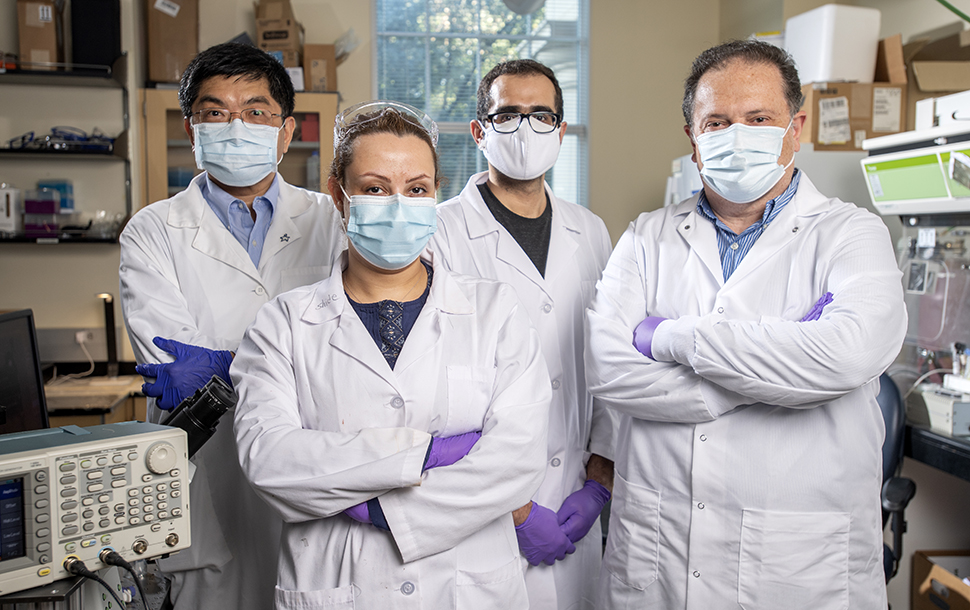
Consultants for the project included Eva Csaky, executive director of SMU’s Hunter and Stephanie Hunt Institute for Engineering & Humanity; Bob Hendler, chief medical officer of the Texas Hospital Association; and Quan-Zhen Li, the director of UTSW Genomics & Microarray Core Facility.
Beskok and Anil Koklu, who got his PhD in mechanical engineering at SMU, initially came up with the idea behind the device in 2018, and used it to detect malaria and tuberculosis.
The early prototype, created at the University of Texas at San Antonio, showed the accurate detection of IgG antibodies in 60 seconds using a small sample of lab-purchased antigens and antibodies.
But when the pandemic hit, Beskok joined forces with Chiao, and the two honed their focus on COVID-19 antibody detection, iterating the device and the electronic equipment that comes with it.
Their test is performed by applying a drop of blood to a microfluidic chip around 2 centimeters in diameter. A filter embedded inside takes the blood sample and extracts plasma before the chip is placed into an electronic instrument. From there, the electric measurements are used to detect specific antibodies that could be present.
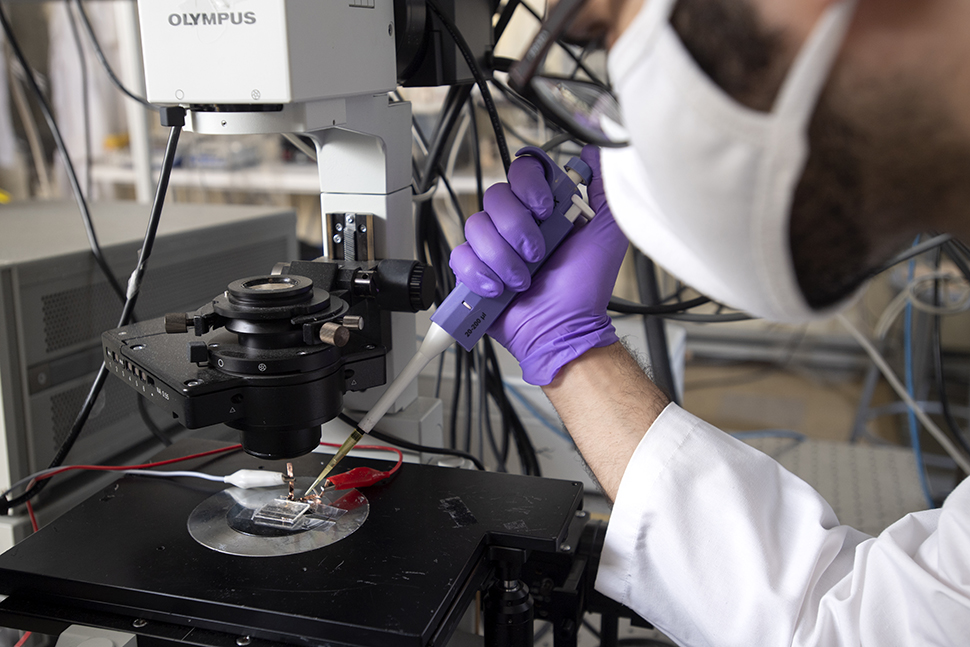
[Photo: SMU]
“Our device contains highly-sensitive electrodes that can specifically capture those targeted antibodies,” Chiao said in a statement. “Once captured, a signal will be generated to the attached electronics and send information to the user’s smartphone.”
When making changes to the “Lab on a Chip” device, Beskok and Chiao added another detection method that can measure how much of each type of antibody is in a sample. They say this will help doctors track a person’s COVID recovery.
With that extra step, the researchers estimate it will take around three minutes for the COVID detection results to be sent to a patient’s smartphone.
“Our ultimate goal is to create quantifiable, accurate, fast, and inexpensive diagnostic methods based on the detection of human IgG, IgM, and IgA antibodies,” Chiao said. “This does not currently exist, and it would have a deep and significant impact on the world, given the devastating effect this coronavirus pandemic has had.”
The test is easy to perform (so much so that you don’t need medical training) and according to Beskok and Chiao, the materials to create the “Lab on a Chip” device are inexpensive, too. They see that leading to low-cost mass production. The price of the electronic instrument to read the chip would be around $15-20 and the disposable blood cartridge would be less than $1.
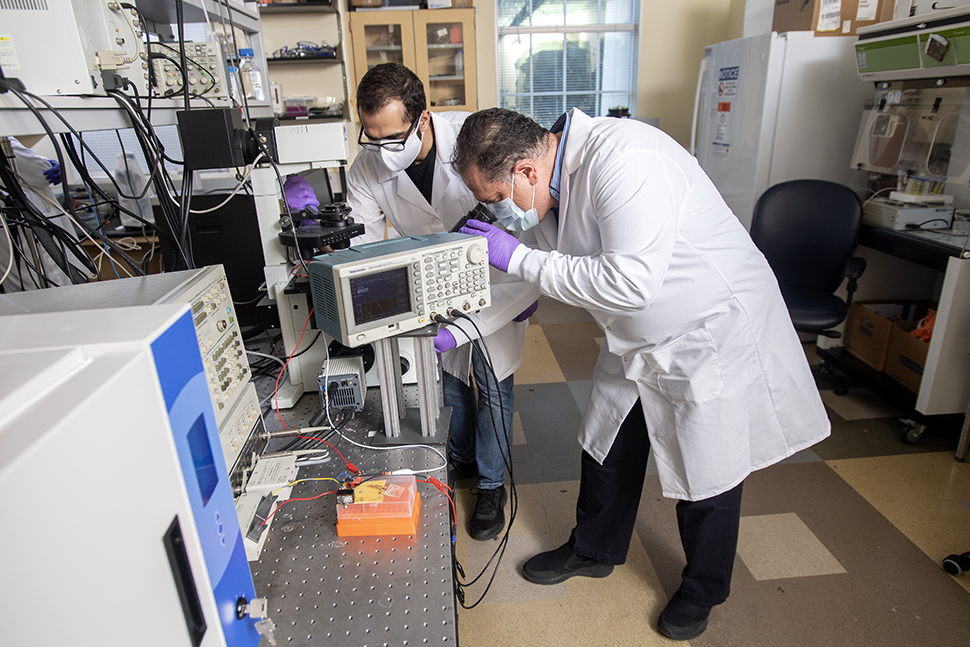
[Phoo: SMU]
Up next for the team is testing the sensitivity and specificity of the device with lab-purchased human plasma samples that have antibodies. The device will then be tested with plasma from actual COVID patients before being made available to the general public.
The team is currently looking for research funding to accelerate development of the test for possible clinical use cases. Beskok sees the potentials as “unlimited”—the same tech could detect other diseases that have known antibody-antigen binding.
SMU recently applied for a provisional patent to cover the test’s technology, called Multiplexed Assay for the Immune Response to COVID-19.
![]()
Get on the list.
Dallas Innovates, every day.
Sign up to keep your eye on what’s new and next in Dallas-Fort Worth, every day.










